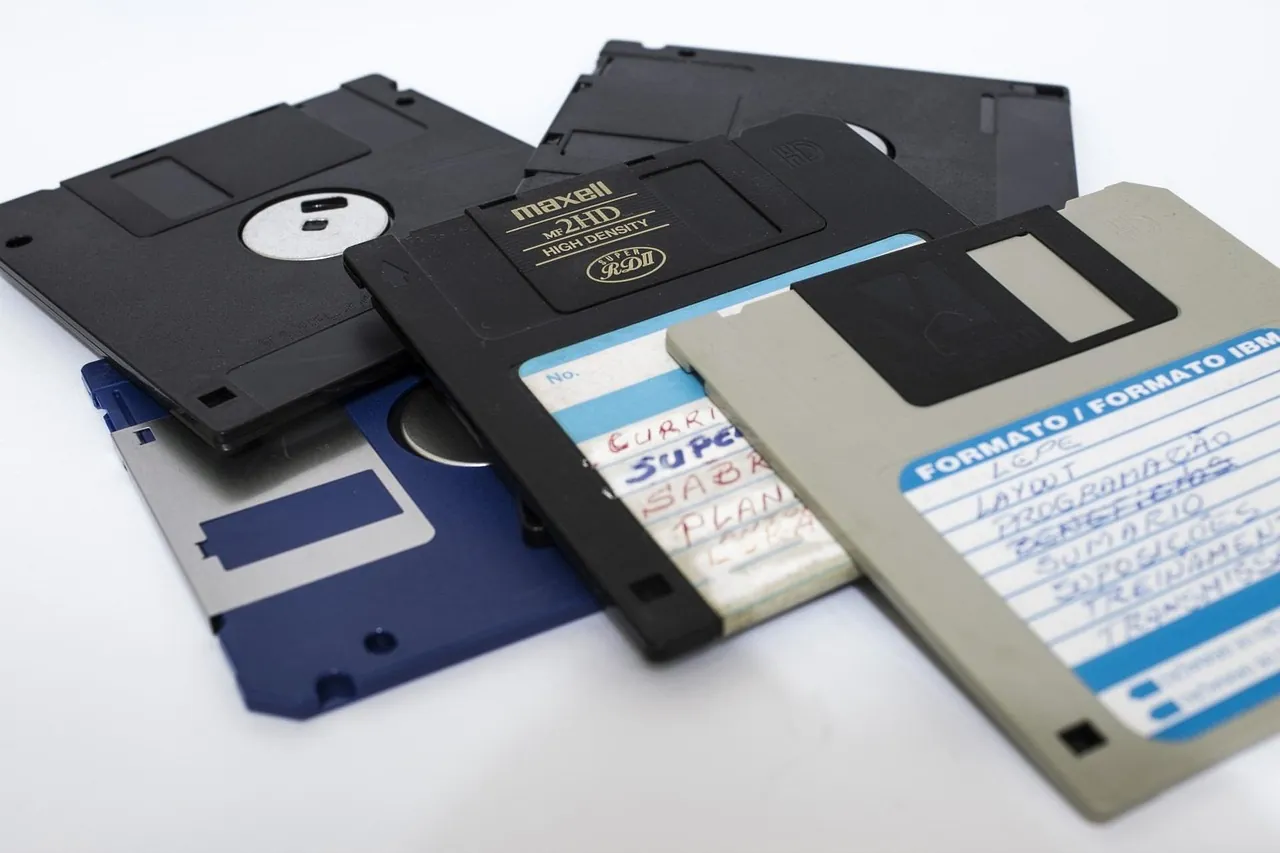Tech to the Rescue: How Smart Solutions are Tackling Urban Waste Management Challenges

The Growing Urban Waste Crisis & Innovative Tech Solutions
Cities worldwide are grappling with an ever-increasing waste management problem. From overflowing landfills to complex recycling processes, the challenges are significant. But a wave of technological innovation is offering a glimmer of hope, transforming how cities collect, sort, and process waste – and even impacting the lives of those who do the crucial work of waste collection.
Birmingham's Waste Collection Dispute: A Stark Reminder
The recent dispute in Birmingham, UK, between the city council and the Unite union, highlights the pressures and frustrations within the waste management sector. Since early January 2025, residents have faced disruptions due to the disagreement over pay, terms, and conditions for waste and recycling collectors. This situation underscores the importance of not only efficient waste management systems but also fair treatment and support for the workers who keep our cities clean.
Robotic Trucks & AI-Powered Sorting: The Future is Here
Beyond the immediate challenges, a fascinating transformation is underway, driven by advancements in robotics, artificial intelligence (AI), and data analytics. Consider the rise of robotic trucks. These automated vehicles, often equipped with advanced sensors and navigation systems, can optimize collection routes, reduce fuel consumption, and even operate in hazardous conditions, improving safety and efficiency. They’re not intended to replace human workers entirely, but rather to augment their capabilities and handle more routine tasks.
Smart Bins: Data-Driven Waste Management
The innovation doesn't stop with collection. "Smart bins" are becoming increasingly common. These bins are equipped with sensors that monitor fill levels and transmit data to city authorities. This allows for optimized collection schedules – bins are emptied only when needed, reducing unnecessary trips and saving resources. The data also provides valuable insights into waste generation patterns, enabling cities to tailor their waste reduction and recycling programs more effectively.
AI-Powered Sorting: Revolutionizing Recycling
Perhaps one of the most significant advancements is in the area of AI-powered sorting. Traditional recycling facilities often rely on manual sorting, which is time-consuming, labor-intensive, and prone to errors. AI-powered systems, using computer vision and machine learning, can identify and separate different types of materials with remarkable accuracy and speed. This leads to higher quality recycled materials, increased recycling rates, and reduced contamination.
Beyond Technology: A Holistic Approach
While technology plays a vital role, it’s crucial to remember that it’s just one piece of the puzzle. Effective waste management requires a holistic approach that includes:
- Public Awareness and Education: Encouraging residents to reduce waste and recycle properly.
- Policy and Regulation: Implementing policies that incentivize waste reduction and promote sustainable practices.
- Infrastructure Investment: Investing in modern waste processing facilities and collection systems.
- Worker Support: Ensuring fair wages, safe working conditions, and opportunities for professional development for waste management workers – as highlighted by the recent events in Birmingham.
Conclusion: A Cleaner, Smarter Future
The integration of technology into urban waste management is not just a trend; it's a necessity. By embracing innovative solutions and adopting a comprehensive approach, cities can move towards a cleaner, more sustainable future – one where waste is viewed not as a problem, but as a valuable resource.






